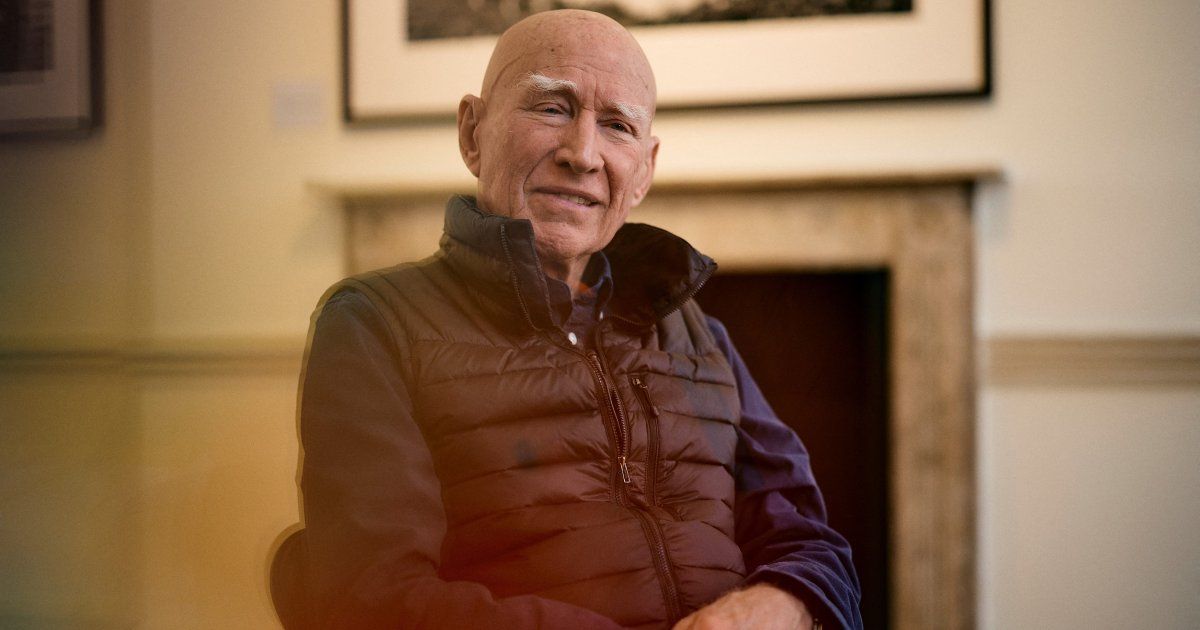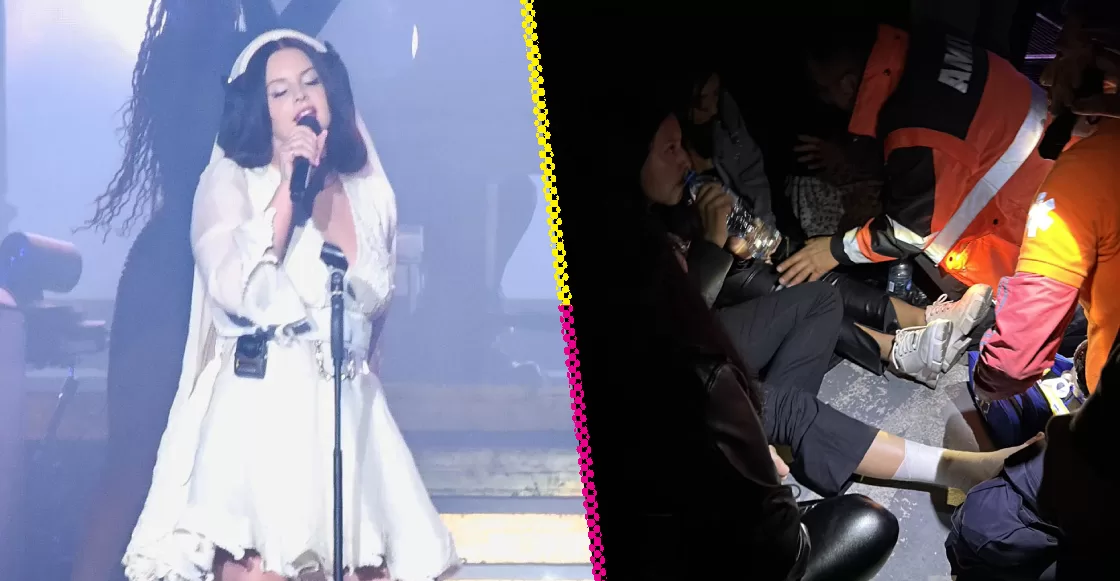“ANDI am 100% in solidarity with the WGA, because I really believe that the survival of writers is at risk”, said screenwriter Filipe Coutinho, a member of the Portuguese Film Academy who has been in Los Angeles for several years. “Survival is at stake. of the future of writing as a viable career”, he considered.
The strike, which began Tuesday, was prompted by the failure of talks between the union representing 11,500 screenwriters and the Alliance of Motion Picture and Television Producers (AMPTP), which represents the studios of Netflix, Amazon, Apple, Disney, Warner Bros. Discovery, NBC Universal, Paramount and Sony.
“The main problem is that writers have been increasingly devalued, being forced to work more for less”, said Filipe Coutinho. “We have less and less creative control and opportunities for evolution in our career, especially in the world of television. That is undeniable”, he stressed.
The WGA, which brings together the union of the West (WGAW) and union of the East (WGAE), asks for raises of 5% and 6%, more writers for each production, a minimum of 10 weeks of employment per year, limits on the use of Intelligence Artificial in script writing and a renegotiation of residual payments in streaming.
The union calculated that this package increases annual payments by 429 million dollars (389 million euros). The studios’ counter-proposal is worth only $86 million (€78 million).
“In the last 15 years there has been a radical change in the way content is produced and consumed and this has forced writers to adapt to this reality”, said Filipe Coutinho. “But at the same time, the studios took advantage of the changes to make brutal financial cuts and institute practices that only benefit their coffers”, he pointed out.
One of these practices is the near elimination of residual payments, which allowed many professionals to survive between projects.
“Residual payments disappeared completely with the switch to ‘streaming’ from traditional television”, screenwriter Mário Carvalhal, who has lived in the United States for 12 years, told Lusa.
These payments allowed screenwriters to continue to receive revenue from series or films they worked on and which were then licensed to international markets or to be shown again on television.
“Screenwriters, directors and actors make films every ‘x’ year but have to survive in the meantime. These residual payments were a great source of income”, explained Mário Carvalhal.
The landscape has changed since the last writers’ strike, which paralyzed Hollywood between 2007 and 2008 and had profound effects on the industry.
“It wasn’t that much money, but they found a way to end it through the ‘streaming’ model, in which they don’t even reveal the numbers they have”, he added. “There’s no way of knowing how much money they should be paying in residuals,” he added.
Carvalhal, who is part of the Animation Guild, was working on an animation series for Apple TV+ and explained that now everything will stop. However, he was completely in agreement with the measure: “A strike is always an extremely difficult thing for everyone. Now, it’s better than things continuing the way they are”.
Actress Kika Magalhães, who has been in Los Angeles for about eight years, also agrees with the strike, despite the negative effects.
“I agree because they are being paid very poorly,” he told Lusa. “It has to be done, people have to be rewarded for their work and not just top executives get the money,” she argued.
The actress said that the threat of a strike had been looming for a few months and basically dried up the market for actors, with few or no auditions taking place.
“In terms of ‘castings’ (auditions) there is nothing, there are no auditions or work”, he said. “This affects the whole industry. Shows are at a standstill. A show needs to have writers every day because they keep changing scripts,” she continued. “What they’re going to do now is look for scripts that are finished and they’re going to work more on films”, he anticipated.
The actress will focus on her own projects during the strike. At the end of June, she will premiere the film she starred in and produced, “The Girl in the Back Seat”, at a film festival in Hollywood. He also considers making his debut in directing a short film.
“I’ve heard that this can last up to six months,” said the actress, regretting that the situation has reached this point so shortly after the covid-19. “This is going to be another pandemic for anyone working in the industry,” she said.
The duration of the strike is uncertain, but forecasts point to a prolonged crisis. Filipe Coutinho said that conversations in the industry speak of a stoppage until September or October and the most pessimistic until December.
“If that happened it would be catastrophic for the industry in general”, he considered. “But anyway, given the resistance and lack of flexibility of the studios, the strike is essential”, he defended.
Mário Carvalhal explained that the predictions are for several months because the alliance of studios and producers “clearly wanted this strike”.
“They were very interested because they have a lot of content and can afford to have this strike and, basically, to renovate the house, to get rid of old contracts that no longer suit them”, stated the screenwriter.
Filipe Coutinho shared a similar view. “Right now, it is said that the strike could even be beneficial for some studios like Netflix, for having a lot of content in the ‘pipeline’, and Warner Bros., which is trying to sell part of the business”, he said.
“That is, at an accounting level, they may even have some benefits, but there are studios like Sony that do not have ‘streaming’ services and will be more affected by the stoppage”.
Also Read: Hollywood Writers Strike? understand everything here




